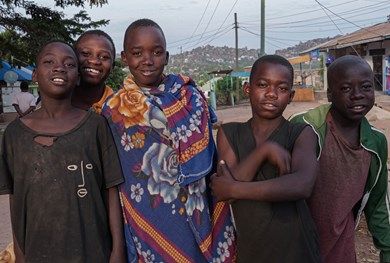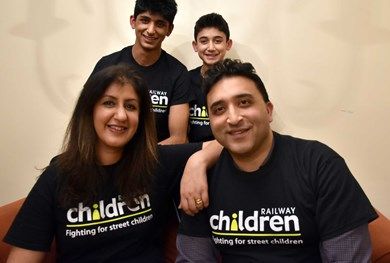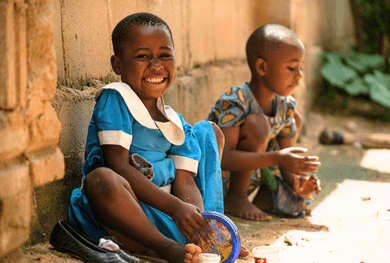By day, a young child is begging and selling scrap to survive.
Nighttime comes. Scared and alone, they search for shelter. But street-connected children in Tanzania know shelter doesn’t mean safety. Day after day, night after night, they’re in survival mode – it’s their only option. And often that means being exploited and subjected to sexual abuse and violence.
Many of these vulnerable children have nowhere to go and no one to trust. Some are tolerated and ignored, others face further abuse.
Why do children in Tanzania turn to the streets?
Child poverty
A significant portion of children in Tanzania live below the poverty line, especially in rural areas. Often they bear the brunt of unimaginable hardship.
Many are forced to give up their education and work in unsafe, unsanitary conditions for long hours to help support their family. Yet most desperately want the chance of a better life. So they leave their home behind in search of something more.
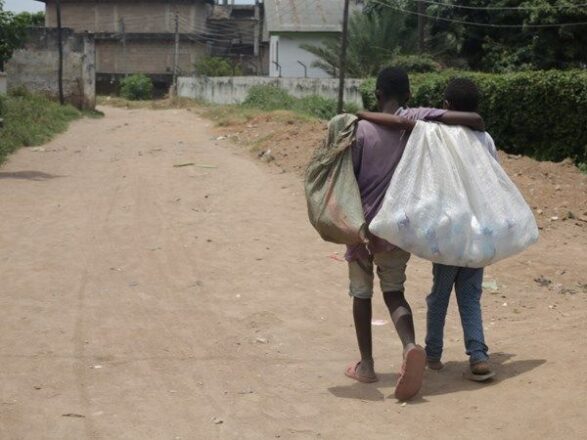
Violence
Addiction, mental health issues and pressure caused by poverty mean tempers can flare – often, it’s the children who get hurt.
For many families in Tanzania, violence is a normal part of everyday life. When beatings and worse become too much to bear, many children search for safety on the streets.
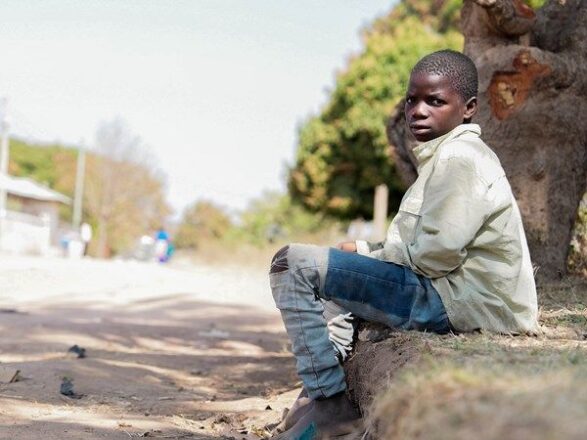
Neglect
Mothers being forced out of their homes, the death of a parent, fathers abandoning their families and new partners stepping into the breach – family units in Tanzania take many forms. Sometimes they mean children can’t stay.
Some children are rejected by their family, others are abandoned. Some put up with being mistreated until they can’t take it anymore and seek solace on the streets.
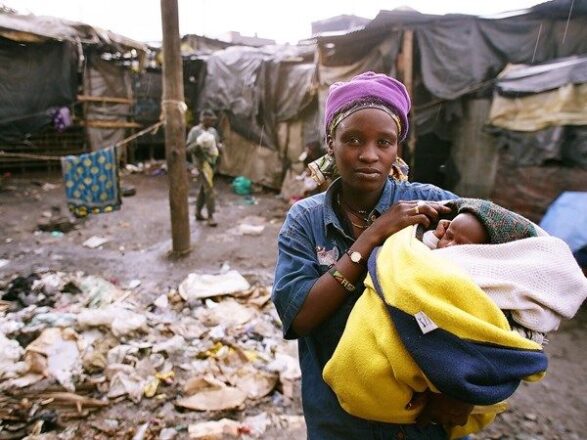
In the last year…
1665
children and young people supported to move away from the streets
300
children reintegrated intoprotective family settings
520
children provided with educational support

Supporting children and families
Strengthening families to prevent children turning to the streets
Our Active Parenting Programme equips parents with the skills they need to nurture their children and provide a safe, stable home. Our family work aims to enhance parenting skills, break generational cycles of abuse and strengthen resilience. We call it preventative intervention and it’s crucial to reducing the number of children and young people turning to the streets of Tanzania.
Identifying, engaging and protecting street-connected children
Street-connected children in Tanzania are at risk day and night. Our street workers are out 24/7 doing all they can to keep them safe.
Being able to spot a vulnerable child and quickly build their trust means children access crisis support such as medical help and counselling sooner. We then support them to return home or find safety in an alternative family-based setting.
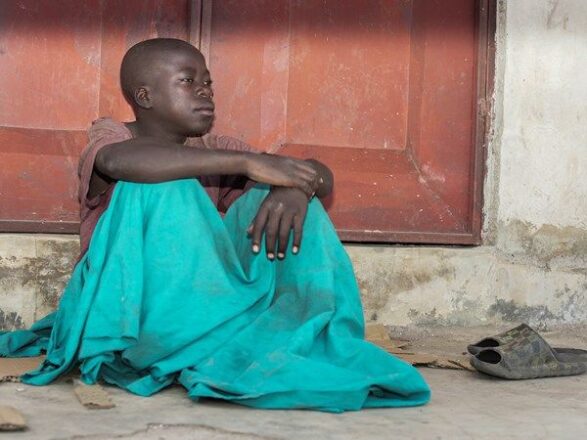
Rebuilding futures with children leaving the streets
Our therapeutic model is proven to keep families together once we’ve helped street-connected children and parents reunite. We support the whole family for as long as they need us and until we’re confident the child is well cared for. And we ensure a support network is in place for families within their community once our support ends.
Sometimes it’s not possible for a child to return to their family. In this case, we secure a safe, family-based home where a child can stay long-term and rebuild their future.
Empowering young people to build sustainable livelihoods
Most young people want to leave the streets but don’t believe it’s possible or lack the skills to become self-sufficient. Our Youth Association Programme changes that.
Skills training, business set-up support and access to funding help young people build a brighter future. More than that, group members create a support network, helping keep each other safe. This model also helps them integrate into their communities, regain a sense of belonging, become more acquainted with their culture and evolve into valued and trusted individuals.
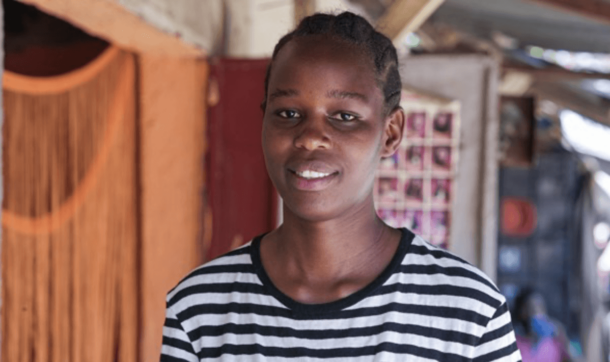 Play Video
Play Video
Empowering communities
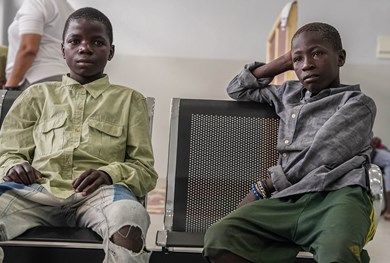
Enabling everyone to play their part
Protecting children outside the home, on public transport, in retail settings and on the streets needs everyone to play their part. It’s called contextual safeguarding.
Through partnerships with government organisations, local authorities and the transport community, we build communities committed to protecting children and young people. Awareness raising, skills training and confidence building help everyone spot and support vulnerable children, giving them the chance of a brighter future.
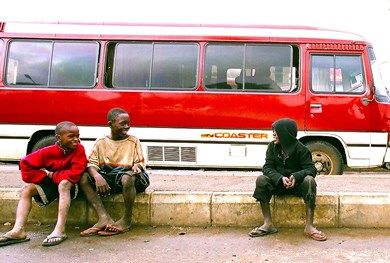
Increasing skills and capacity to protect more children
We train transport staff, police and others working in and around transport hubs to quickly spot vulnerable children and get them to safety so we can start supporting them.
Alongside local government services, we also develop and introduce new initiatives within transport hubs to make it easier for the public to play their part in keeping children safe too.
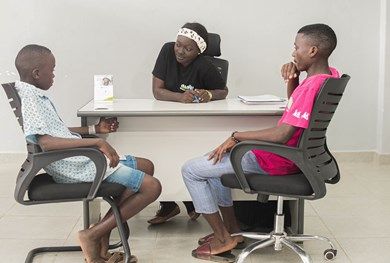
Making transport spaces safer
Our child support desk committee and community champions bring together those responsible for the physical spaces around transport hubs. Together, we identify and make changes to how and when transport hubs are used so that they’re hostile to predators and safer for vulnerable children and young people.
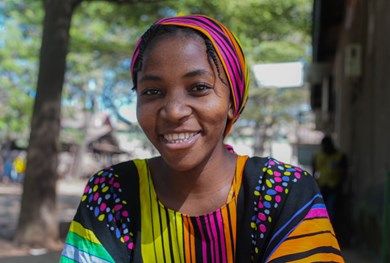
Changing attitudes to keep young people safe
Child violence, sexual abuse and discrimination often occur because of a complex interplay of factors including socio-economic disparities, cultural norms and lack of awareness.
That’s why changing attitudes and behaviour runs through our work. Awareness-raising activities with local media and speaking to communities to help people understand unacceptable attitudes and behaviours and how to challenge them are some of the ways we bring about change.
Strengthening child protection systems
As the leading organisation in Tanzania on matters relating to street-connected children, we work closely with government and decision-makers to strengthen child protection systems on several levels:
- Supporting the development and improvement of child protection policies, rules and regulations.
- Upskilling the social workforce in family reintegration, safeguarding, foster care and child protection to better meet the needs of children living on the streets.
- Co-ordinating and jointly delivering child safeguarding services, adding extra capacity.
- Advising on and influencing budget allocation so that child protection services are as well-resourced as possible.
- Championing increased family-based care provision through the national care reform coalition we established.
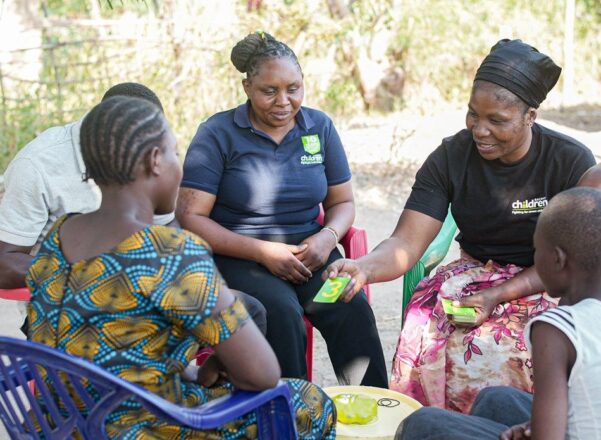
Change a child’s future today
Support from people like you makes our work possible. It’s the only way we can make sure all children and young people are seen, heard and protected, so no child has to live on the streets anywhere in the world.
